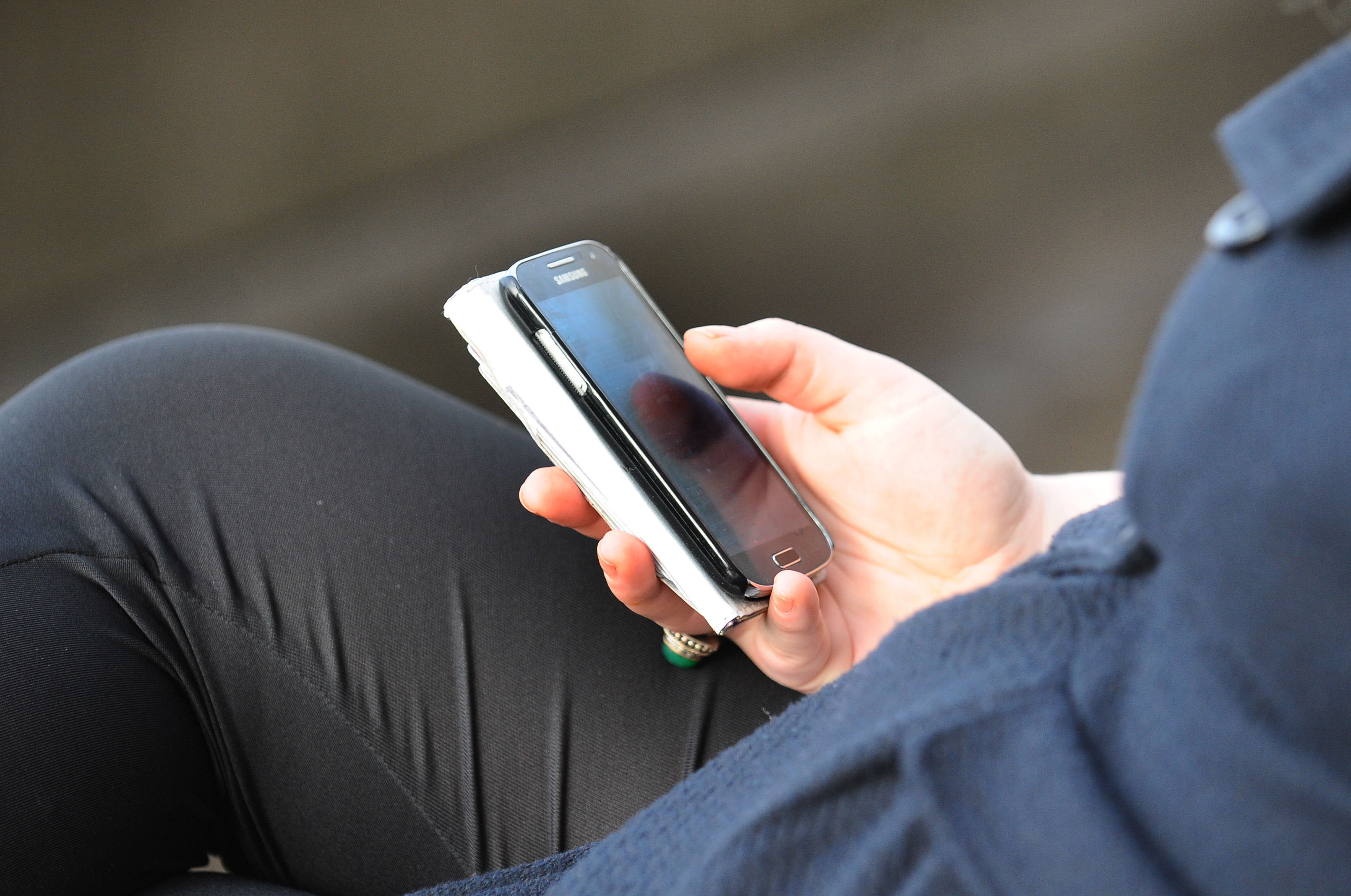We’re being watched, all day, every day. Privacy no longer exists. But does it matter?
I recently had a conversation about cool apps with a tech-savvy 20-something. He had great recommendations but I said I wasn’t keen on being tracked by them. He shrugged: “I don’t worry about that stuff. It’s going to happen.”
I was surprised that I agreed. Yes, we can discourage identity theft and fraud in the same way we discourage burglars or muggers, but online security and 21st Century privacy are different things, and one can exist without the other.
I realised taking sensible precautions also means accepting what can’t be changed. Unless you’ve taken significant steps to limit your online footprint, somewhere there’s a stranger who can easily discover everything from your mother’s maiden name to your favourite cereal.
Yes, this stuff can be sinister. I went looking for a new car but hadn’t yet looked up one online or even discussed it by text message.
Despite that, a single visit to a dealership left me with ads, embedded in my social media feeds, for exactly the make and model of car I had been standing beside. Had my smartphone tracked my movements? Was it listening to me talk?
Maybe, but so what? There’s now a whole generation who gained adulthood during the internet age and is blasé about privacy. Being watched through geotagging, spending trends and behavioural profiles is no big deal to people accustomed to being plugged in, who accept that our lives are like this now.
That doesn’t mean we should be naive. Good password security is a start, and sometimes taking a conversation offline is sensible. Everybody benefits from unplugging for a time, too. But, if our privacy is constantly invaded, maybe we can hold back the invaders just enough to get by.
